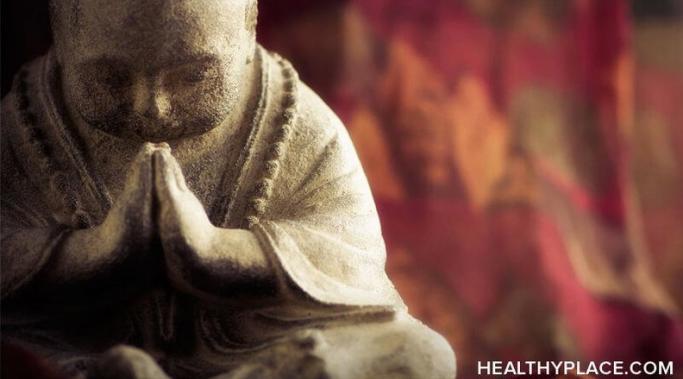Blogs
A verbal abuse quiz can do a lot of things. It can help you determine if you suffer from verbal abuse. It can change your mind about what verbal abuse is and is not. A verbal abuse quiz can even show you that (eek!) you abuse other people. But a quiz cannot make you be honest. So if you are not ready to take an honest look at your situation, then don't bother with this verbal abuse quiz. It can't help you if you lie.
One thing I've learned is to take action in alcohol recovery and stop arguing. Recent well-publicized articles criticizing 12-step programs have been making the social media rounds and set off another flurry of commentary and response (of which I'm a part). I'd like to suggest, however, doing something that in some ways is becoming easier and easier to avoid in the world of instant information--get off the Internet, stop arguing and take action for alcohol recovery.
Learn how to embrace being different -- you are making a difference. I’ve always had a guilty pleasure for watching entertainment award shows and red carpet specials. I will admit -- I like watching the lives of celebrities and seeing the highs and lows they go through that make them, well, human (as long as they’re not dramatized highs and lows). I will typically watch award shows for the fashion disasters and the awful lip-synching, but I didn’t expect to receive the inspirational quote I did from one of the most recent shows about embracing differences.
Alters (alternate personalities) are something people with dissociative identity disorder (DID) may have. Alters are separate identities. Some of these alters may communicate with each other and some of them may not. When I was first diagnosed with DID, my alters did not communicate with each other at all. I was only aware of the current personality state that I was in. I wasn't aware of any other alters in my dissociative identity disorder.
Have you ever wondered what to say to a parent of a child with mental illness? As a parent of a 17-year-old with bipolar disorder and social anxiety, I have. In this blog I will offer ideas of what to say to a parent of a child with mental illness.
Self-care can help defeat binge eating disorder triggers and cause you to act less negatively towards yourself. Self-care is important with anyone with binge eating disorder or other mental health problems and the benefits of slowing down, taking care of yourself, and allowing yourself time to breathe can't be overstated. What have you done to take care of yourself and your binge eating disorder today?
When it's time to overcome self-harm, you must prepare realistically. Life is one heck of a roller-coaster. That cliché is said time and time again simply because of how true it is. The world we live in hands us moments of happiness and moments of sorrow in the blink of an eye. It is up to us to find ways to realistically handle emotions without getting too comfortable with them because life is always expected to keep on changing. And we need to realistically adjust with those changes when it's time to overcome self-harm.
Binge eating disorder and concern trolling is common. When you have an eating disorder, like binge eating disorder, sometimes people act like you're incapable of taking care of yourself and you need as much help as you can get. This "concern," however, is infantilizing, humiliating, and does not do any actual good. Of course, a lot of people don't realize that what they're doing is unneeded, harmful and just concern trolling for binge eating disorder. They think they're helping.
Depression and alcoholism as a dual diagnosis kept me in a downward spiral until I reached out and asked for help. I drank because I was depressed, and then the alcohol depressed me even more, thus encouraging me to self-medicate with more alcohol. Recovering from either depression or alcoholism alone is challenging enough; recovering from the dual diagnosis of depression and alcoholism often feels impossible.
Have you considered what happens during a mental health crisis when you call the police? Recently one of my neighbors tried to enter my apartment without my permission. I quickly slammed the door and told him to go away. He stood outside my door talking nonsense, so I told him, "Go away or I will call the police." That did the trick. However, it made me think about how police encounters with individuals with mental illness can turn tragic (Handling Police Encounters with People with Mental Illnesses). How do we call the police for someone in a mental health crisis who is a danger to him/herself or others in a way that the encounter proceeds as safely as possible?









